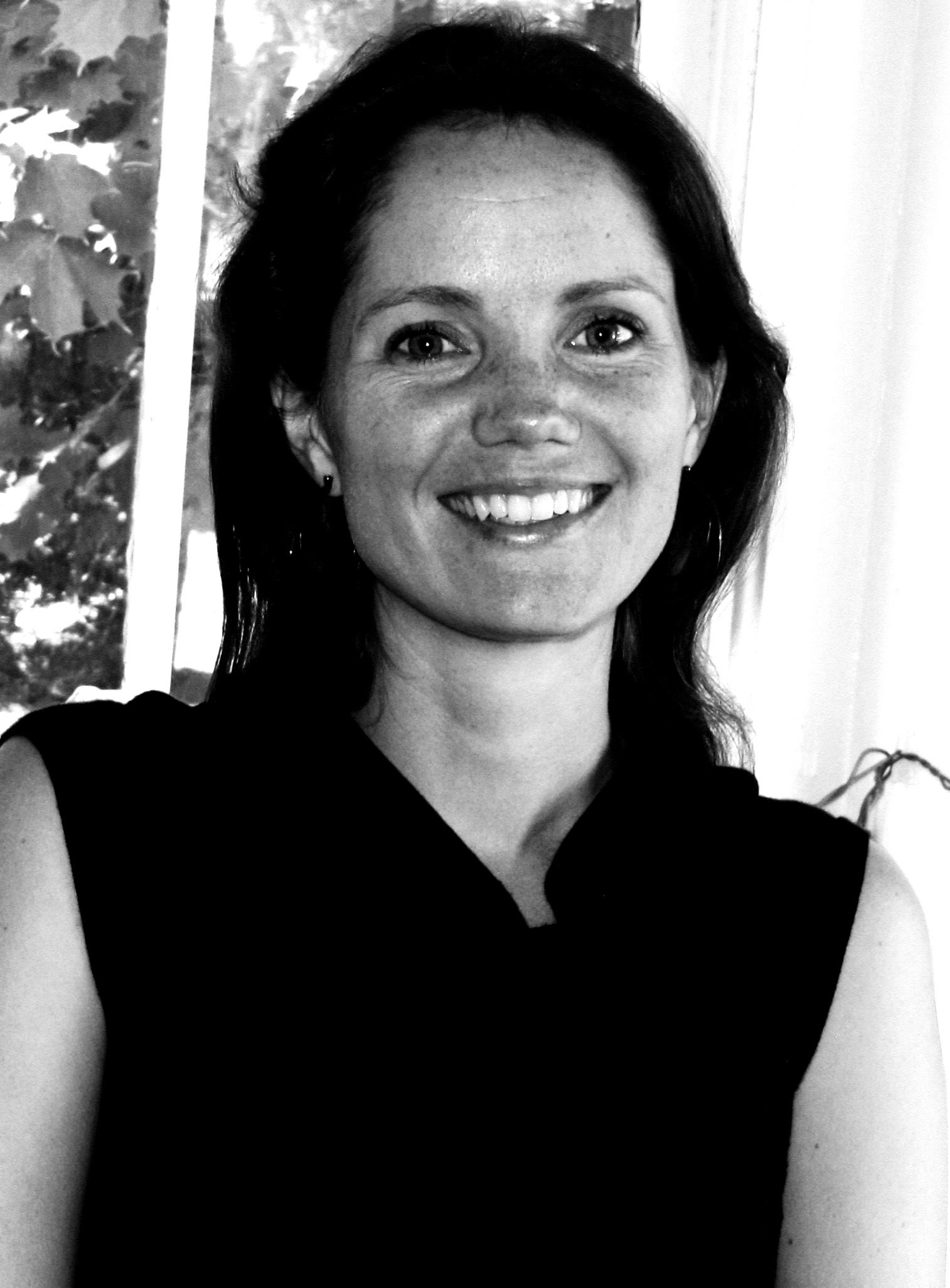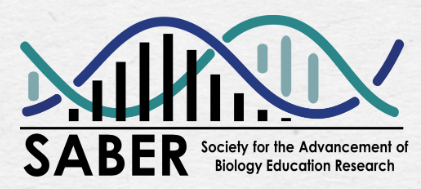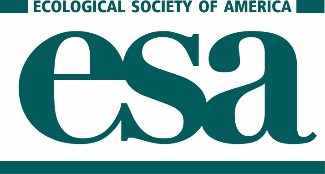
In this newsletter:
QUBES News
From Our Partners
Resources and Opportunities
Upcoming Events of Interest
QUBES News
Call for Spring 2021 Faculty Mentoring Networks

Faculty Mentoring Networks (FMNs) are long-term, low-intensity professional development opportunities hosted through QUBES. An FMN brings a small group of like-minded educators together to: discuss pedagogy; share resources; adapt, implement, and share teaching materials; and create a community around a given topic. Find out how FMNs can broaden the impacts of your project.
We are currently recruiting for Spring 2021 FMNs with commitments needed by October 20, but the earlier the better. If you are interested in running one, please contact Deb Rook (deb “dot” rook “at” bioquest “dot” org) soon!
New Feature: Resource Commenting
We now have discussions built into every QUBES resource! Comments can play an important role in OER discovery and use by making it easier to connect with authors and other teachers. Publishing with an open license makes it possible for authors to update their materials and for users to adapt them - and having discussions around the use of the materials facilitates this exchange of ideas. Check out how the BIOME Institute participants used comments in this resource from the Posters and Beyond session. Comments may be found in the top right-hand box or in the last tab of the "About" section.
Authors can use comments to:
Users can use comments to:
Best practices and a complete guide to using comments are available in the Resource Commenting Knowledge Base Article.
Introducing Our New Communications Manager

Caitlin Hayes joins our team from Ithaca, NY, where she most recently worked as a staff writer and communications specialist for Cornell’s Research Division and the Cornell Center for Teaching Innovation (CTI). As staff writer, she wrote in-depth features about faculty and their research and helped promote faculty accomplishments to the Cornell community and beyond. At CTI, she managed marketing for numerous faculty development programs that promoted the incorporation of active learning, inclusive teaching practices, and academic technologies - and saw how these reforms can vastly expand opportunities and improve the learning experience for students. Prior to her work at Cornell, she earned her MFA in creative writing and taught English at the secondary and college levels. In her off hours, she can be found trying to get her nine-month-old to sleep!
Caitlin is excited to help us communicate and celebrate the achievements and opportunities in the QUBES and BioQUEST communities and can be reached directly at caitlin "dot" hayes "at" bioquest "dot" org. Please feel free to send ideas her way - for community announcements, blog posts, social media campaigns, newsletter contributions, and any other collaborations.
From Our Partners
EREN-NEON Collaboration Funded by NSF RAPID Grant


Researchers at Ohio Wesleyan University have received an NSF RAPID grant for their project, “Developing online teaching tools for field ecology and data science through an EREN-NEON partnership."
The award facilitates adaptation of ongoing and new projects by the Ecological Research as Education Network (EREN) into online learning modules. The modules will integrate data generated locally by students and instructors with NEON data, providing the foundation for the learning experiences. Learn more about the EREN-NEON grant.
The EREN-NEON flexible learning projects are connected to QUBES through an EREN-run FMN, which supports faculty in implementing the online learning modules. The modules are available on the EREN-NEON FMN site.
SIMIODE Offers Remote Teaching Modules
Systemic Initiative for Modeling Investigations and Opportunities with Differential Equations (SIMIODE) is offering free Remote Teaching Modules for immediate use in your differential equations classroom this coming Fall 2020. These include off-the-shelf materials and videos for your students and supporting materials, lessons, and videos for you. They cover common topics in an ODE course and were designed for synchronous or asynchronous remote content delivery. These resources are ready-to-use but also fully editable under SIMIODE’s Creative Commons license and were prepared with the support of a US National Science Foundation Award # 1940532.
Michelle Withers from MoSI and NSITE Invites Participation in a Study about Remote Teaching
QUBES collaborator Michelle Withers at Binghamton University invites instructors who are teaching remotely to participate in a research project to investigate teaching in online/distance learning venues. Participation will consist of completing a brief (9-minute) survey. The dramatic change from face-to-face classes to online/distance education required many instructors to transition to a teaching format for which they had little to no training or experience. Participation in this study will help us better understand the impact of professional development and/or teaching experiences on educators’ feelings of comfort when teaching remotely.
If you decide to participate, please click on the survey link by Oct 9, 2020 which will take you to the anonymous survey (the first page details the informed consent for the study).
Participation is entirely voluntary and anonymous. Contact Michelle at mwithers "at" binghamton "dot" edu or 607-777-3406, with questions.
Resources and Opportunities

NSF Offers Webinars for the Next RCN-UBE Call
Two informational webinars are being offered:
Thursday, October 15 at 3:00 p.m. ET
Friday, October 16 at noon ET
Webinar links can be found at the RCN-UBE website.
If you intend to participate in any of the webinars, you can send questions about the program here.
The RCN-UBE program supports the formation of networks of educators, researchers, and other stakeholders that improve undergraduate biology. The submission deadline for the next competition is 5:00 p.m. local time on January 19, 2021. The solicitation (NSF 18-510) describes the program in detail.
NSF Seeks Input on Federal STEM Education Strategic Plan
The National Science Foundation (NSF) is soliciting input on the implementation of the Federal STEM Education Strategic Plan, Charting a Course For Success: America's Strategy for STEM Education.
This Request for Information (RFI) addresses changes in education systems that have been impacted by the COVID-19 pandemic. Information collected from this solicitation may be used to guide future Federal STEM education resource development.
Submit comments by October 19, 2020. Further details about the RFI can be found here.
Upcoming Events of Interest
SCUDEM – SIMIODE Challenge Using Differential Equations Modeling begins Oct. 23
Interested in a way to engage your students in a fun modeling competition using just ODEs? This challenge is an opportunity for teams of three high school or undergraduate students to engage in modeling using differential equations. They will address a problem in one of three areas: physics/engineering, chemistry/life sciences, and social sciences/humanities. During the period October 23 - November 14, 2020, teams will work on their problem of choice using differential equation models and produce a 10-minute presentation video for upload to YouTube for faculty judging and feedback. Find complete information and registration for SCUDEM.
12th Annual Undergraduate Research Conference at the Interface of Biology and Mathematics is Oct. 31 - Nov. 1

This virtual conference provides opportunities for undergraduates to present their research at the interface of biology and mathematics. Student talks and posters will be featured, as well as two plenary speakers, a panel on career opportunities, a graduate school fair, and virtual networking opportunities. Faculty and students are invited to attend, as well as high school teachers.
Find more information about the Undergraduate Research Conference and registration here.
SABER continues virtual series on inclusion and racial justice in STEM

SABER is sponsoring a virtual series this fall semester entitled "Striving for racial justice in academic biology." This initiative is focused on promoting awareness, understanding, and commitment to change academic biology environments to be more inclusive and strive for racial justice in STEM education.
For a list of the upcoming events (including the zoom links), please visit the SABER website.
Life Discovery - Doing Science Biology Education Virtual Conference is Oct 22-24

Biology in an Evolving Landscape
October 22-24, 2020
A number of QUBES members will be presenting! Be inspired to innovate your teaching and reflect on ways to advance more inclusive practices. Learn more about the Life Discovery Conference here.
Members of the QUBES team are participating in some re-imagined conferences that will be happening through the QUBESHub. Members of the QUBES team are always looking to meet others who have a passion for quantitative biology education. Reach out so we can help you gather your collaborators, move projects forward, and continue to move quantitative biology forward. Connect with us by submitting a support ticket.

From left to right: Sam Donovan (Director of OER), Carrie Diaz Eaton (Director of QUBES Consortium), Kristin Jenkins (Director of BioQUEST), Drew LaMar (Director of Cyberinfrastructure), and Jeremy Wojdak (Director of Professional Development).
Do you have a product or result from a QUBES sponsored activity? Help us measure our success by sharing your product or result with QUBES. Learn how to cite QUBES.
|